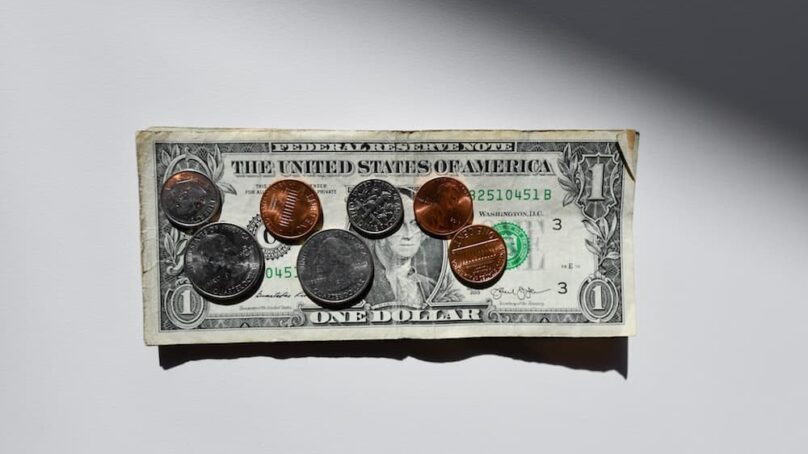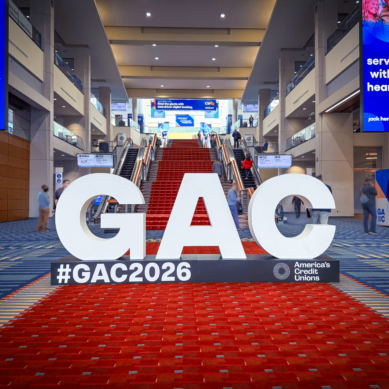
This article first appeared on CUCollaborate
Arguing that junk fees are not just annoying, but also create an unlevel playing field, the American Economic Liberties Project—a group that says it fights concentrated economic power—on Monday released model legislation that would provide Congress and state legislatures tools to tackle the issue.
“Junk fees are a significant detriment to fair competition and a defining feature of concentrated markets that cost working families tens of billions every year,” said Katherine Van Dyck, senior counsel at the project. “Corporations use junk fees to mislead consumers and undermine honest competitors.”
Backstory and Context
The Biden Administration and the CFPB have labelled some of the fees that consumers pay for services and products “junk fees.” Those charges, which advocates say include overdraft and credit card late fees, often are hidden, making it difficult for consumers to assess the actual cost of a product.
Inside the Findings
Junk fees disproportionately affect low-income households and people of color, project officials said. They cited 2020 research by Bankrate that showed Black consumers pay an average of $12 each month in banking fees, compared with $5 for White customers.
CFPB Director Rohit Chopra has indicated his desire to rein in overdraft and credit card late fees. So far, the bureau has issued a proposed rule that would limit most credit card late fees to $8.
Financial services trade groups, including NAFCU and CUNA, have argued that members opt into programs offering those services and do so knowingly.
Not so, the liberties project argued.
“Consumers are routinely deceived into paying higher prices than they planned, and competition is impaired,” the group said. “Honest retailers with transparent pricing are punished because their all-in prices appear higher on the front end of the shopping experience, even if they are lower on back end.”
Recommendations
Federal Law
In outlining proposed federal legislation, project officials said that Congress should create an “all-in” pricing model for advertised prices in all industries.
Companies that fail to disclose their fees would be liable for their actions. The model legislation would create statutory penalties of $500 per violation for unintentional conduct and $1,000 per violation for intentional conduct.
The model bill states that “deceptive pricing methods, acts, and practices related to consumer financial products and services in violation of this Act are hereby declared unfair, deceptive, and abusive acts and practice in violation of 12 U.S.C. § 5536, which the Bureau of Consumer Financial Protection is hereby empowered to prevent and prohibit, including through administrative and civil actions, in accordance with the Dodd-Frank Wall Street Reform and Consumer Protection Act.”
State Laws
A separate document says states should pass their own laws, to be enforced by their own attorneys general.
Those laws should:
–Require that all mandatory fees be disclosed upfront and in all advertising.
“With all-in pricing, a consumer can quickly check between different sellers or products to compare the prices of each to best suit their needs and obtain the best value for their money,” the group outlined.
–Use a “reasonable consumer standard” to determine if a company misrepresents its fees. Using that standard, companies would be liable if most reasonable consumers would be confused.
–Include all sectors and industries in the law. Many states are currently considering piecemeal laws affecting some—but not all—industries.































































